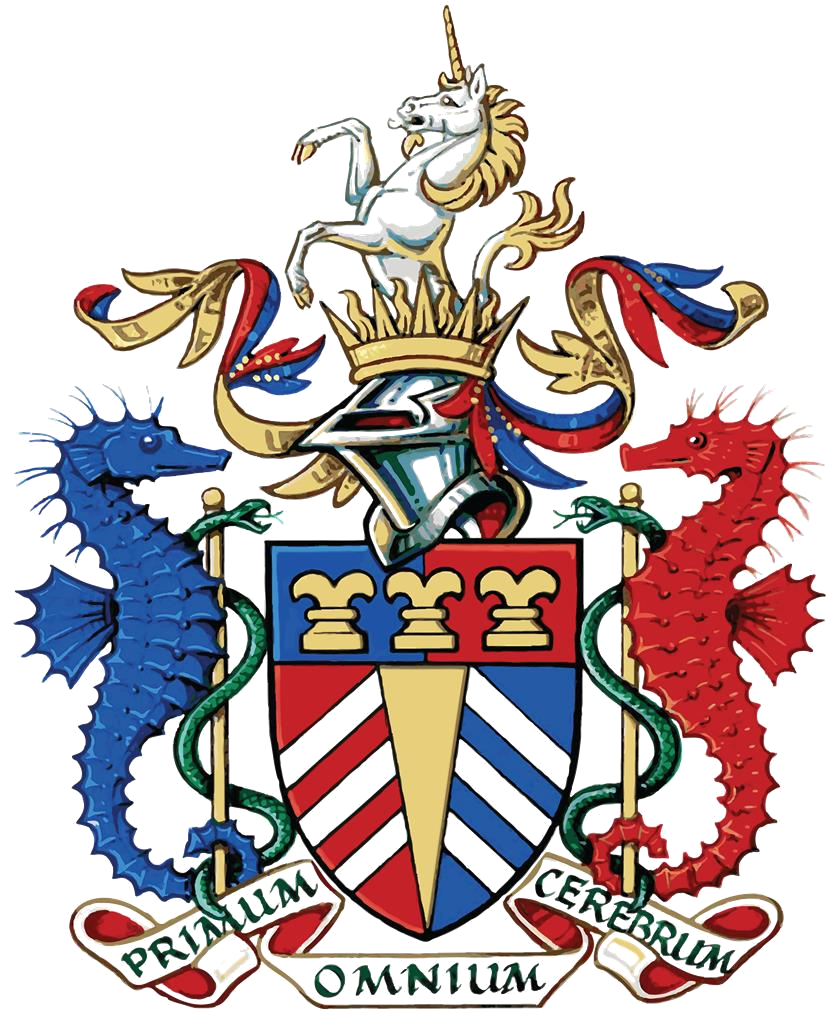Mentorship has become something of a buzzword in recent years - but behind the hype is a process that can be invaluable for developing your career, be it academic or otherwise. Finding a mentor is about identifying one or more people who can provide you
with truly independent advice and guidance on how to achieve your goals. A good mentor can provide helpful advice at every stage of your academic pathway, from choosing a PhD or deciding to take up a one-year research fellowship, to planning your
intermediate fellowship application. A mentor-mentee relationship is something that can last years, and can be invaluable - nearly every hurdle that you will experience will inevitably have been encountered by someone before, and drawing on the experience
of others will inform your decision-making on how to move past them.
Many people have more than one mentor, each of whom provides advice on different aspects of a career; different types of mentor include:
- A “specialty” mentor, who works within your subspecialty or research area, and can provide advice on your area of interest
- An independent “senior” mentor, who is well-established in their career, and is outside of your field and ideally independent of your department i.e. somebody who has no vested interests in your performance or choices.
- A “peer” mentor, either within your subspeciality or outside of it, who is just ahead of you and has recently achieved what you hope to, and who can therefore provide up-to-date information on your next steps (which is not always available from a
“senior” mentor)
These can be people who are well-established in their careers, or people who are just a few steps ahead of you, and having more than one mentor can be beneficial across these stages can be beneficial.
There are many ways of identifying a mentor. There are formal schemes, such as those run by the NIHR and Academy of Medical Sciences. Your institution or department might run similar schemes. You could also speak to your PhD supervisor or group leader,
who might have good suggestions for people who are suitably removed from your direct line of work. You might identify a good mentor yourself, as someone who particularly struck you by their choices or otherwise inspired you; if this is the case, reach
out, as most people are happy to be contacted and to share their pearls of wisdom. These informal mentorships can be the most valuable ones.

